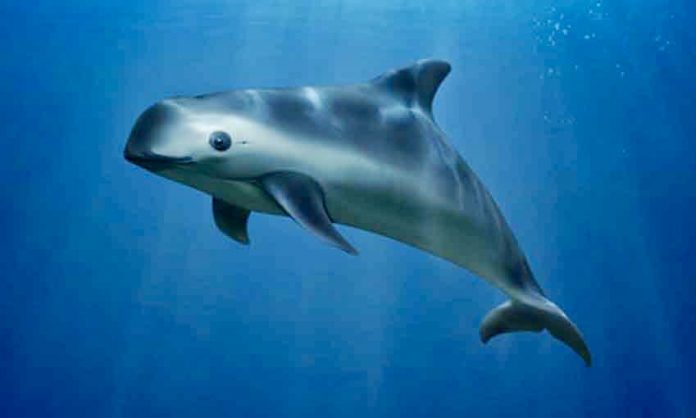
Sea Shepherd Carries Out Critical Operation Retrieving Ghost Nets To Save Less Than 15 Vaquita Remaining In The Wild; The World’s Most Endangered Marine Mammal
You can help all animals and our planet by choosing compassion on your plate and in your glass. #GoVeg


